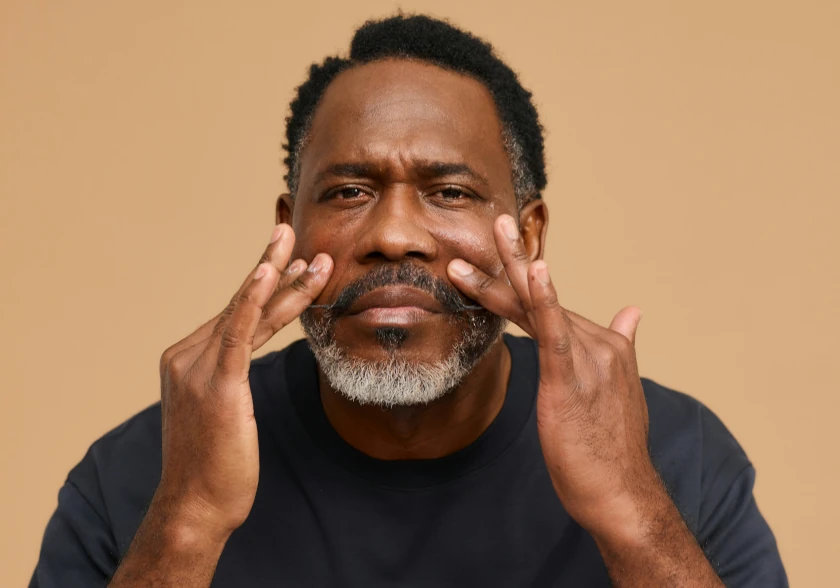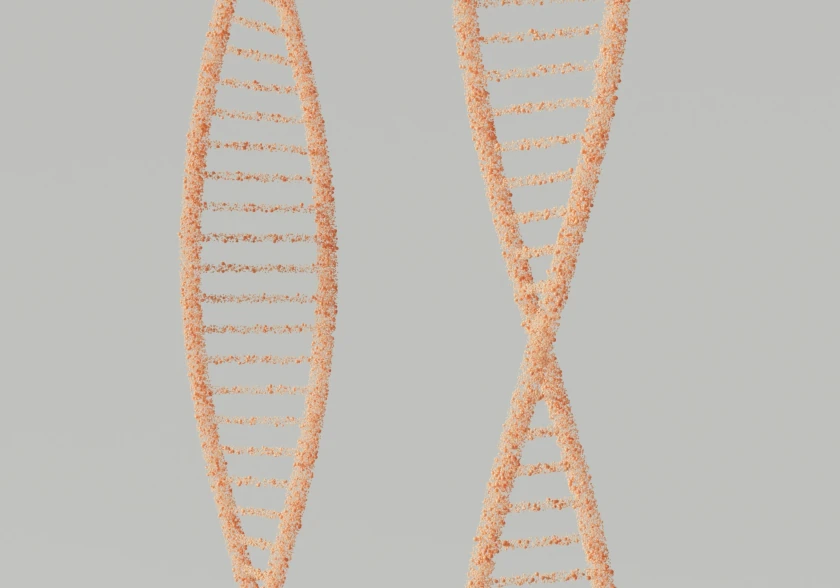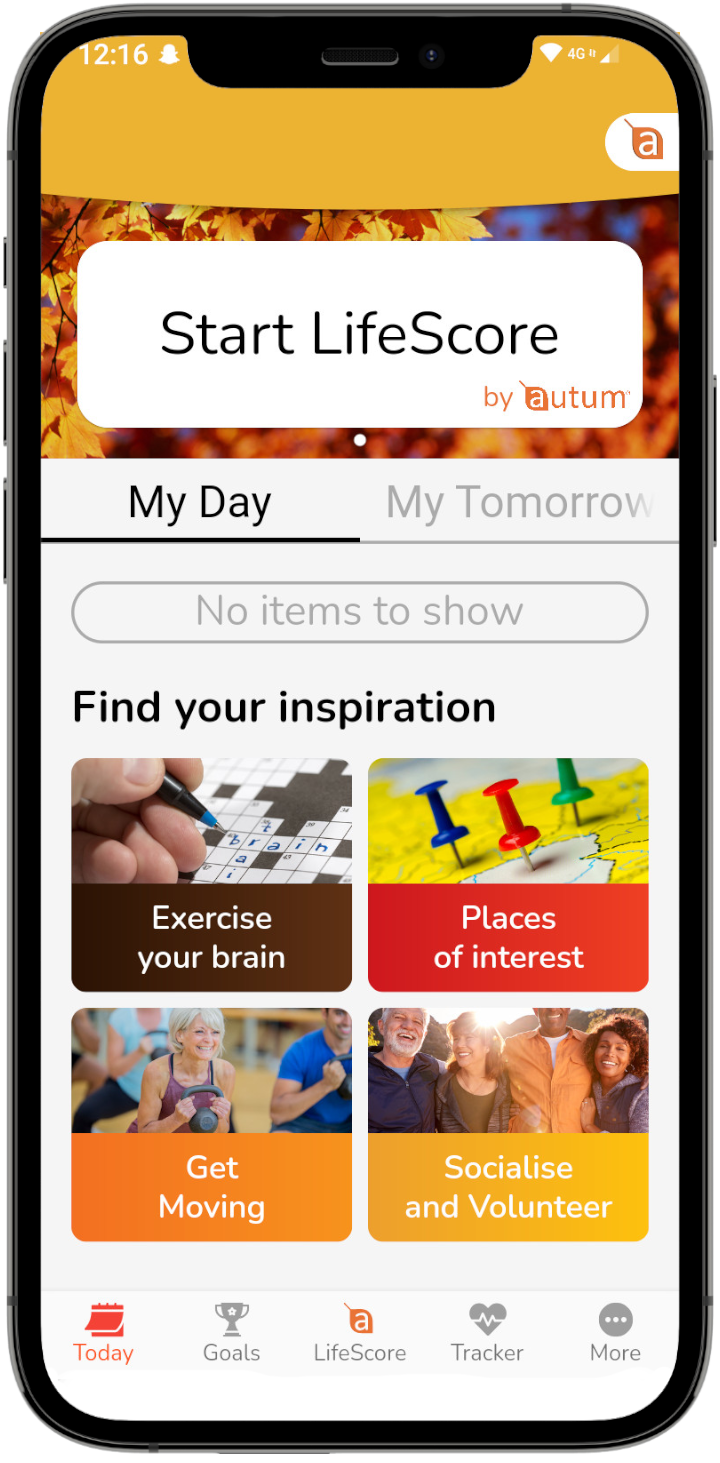We hear a lot about age discrimination in the workplace and sometimes this makes me reluctant to reveal how old I am. The same cannot be said of my perception of my biological age – even though the thatch has departed from my head, I feel years younger than my chronological age says I should. Here, we take a look at what that actually means and how science is combining the two measures to chart a very different ageing experience for future generations.
Biological age, sometimes referred to as physiological age, is a way of contextualising your overall health and wellbeing beyond your chronological age. By understanding biological age, you can adjust your lifestyle to achieve significant health gains and better prospects for remaining active and independent in later life.
Definition of my biological age
Biological age reflects the physiological state of your cells, tissues and organs, providing a more nuanced picture of your age-related health compared to chronological age. While chronological age indicates the time since birth, biological age takes into account factors influencing the ageing process. These factors include genetic predispositions, lifestyle choices, environmental exposures and overall health habits. Biological age is determined by assessing biomarkers – indicators of biological processes or states within the body – that collectively provide insights into your cellular health, functional capacity and resilience to stressors.

Importance of biological age in health and longevity
Understanding your biological age has value when assessing your risk of age-related diseases and determining your likely overall health span – the number of years you’ll live in good health. Unlike chronological age, which advances at a constant rate, biological age can vary significantly from person to person based on the factors we touched on earlier.
By evaluating biological age, you can estimate your rate of ageing and potential interventions to slow down the process. For example, if you have a higher biological age relative to your chronological age you may be at increased risk of developing age-related conditions such as cardiovascular disease, diabetes, cognitive decline and frailty. On the other hand, those with a lower biological age may enjoy a longer health span and greater resilience to age-related health challenges.
Even the simplest interpretation of your biological age can provide a useful nudge to adopt lifestyle habits that promote healthy ageing and longevity. By making positive changes such as moving to a plant-based diet (or at least reducing the amount of red and processed meat you eat), engaging in regular exercise, prioritising sleep, managing stress effectively and avoiding harmful habits such as smoking and excessive alcohol consumption, you can potentially slow down the ageing process and cut years off your biological age.
Research has shown that these lifestyle modifications not only help to prevent or delay the onset of age-related diseases but also enhance overall quality of life, vitality and wellbeing as people age.

Factors influencing biological age
Biological age, the physiological measure of your overall health and vitality, is influenced by genetics, your lifestyle choices and environmental exposures. The following points explore the key factors that influence biological age and the scientific methods that are used to assess it.
Genetics: Your genetic predispositions play a significant role in determining biological age. Inherited traits can influence metabolism, immune function and susceptibility to age-related diseases. While you cannot alter your genetic makeup, understanding your level of risk at least gives you the tools to make informed lifestyle choices that can mitigate their impact.
Lifestyle choices: These have a profound impact on biological age. A healthy diet rich in fruits, vegetables, whole grains and lean proteins provides essential nutrients that support cellular health and repair processes. Regular exercise helps maintain muscle mass, cardiovascular fitness and immune function. Adequate sleep, stress management and avoidance of known harmful habits such as smoking and excessive alcohol consumption also contribute to healthy ageing.
Environment: It is easy to downplay the impact of environmental exposures. However, exposure to environmental pollutants and toxins can lead to cellular damage and inflammation, increasing the risk of age-related diseases. Socioeconomic factors such as access to healthcare, education, and resources also influence biological age, with disparities contributing to differences in health outcomes and longevity.

Methods used to assess biological age
Biomarkers: Biological processes or states within the body that provide insights into your overall health and ageing are known as biomarkers. These indicators include blood pressure, cholesterol levels, inflammation markers, hormone levels and glucose metabolism. By analysing these biomarkers collectively, your GP can create a picture of your biological age and assess your risk of age-related diseases. That said, your GP is unlikely to provide a running commentary on your body’s responsiveness to suggested interventions. For a more visual guide to your progress, you could combine your GP’s recommendations with your own goals on the autum App.
Epigenetic clocks: This indicator measures changes in gene expression patterns associated with ageing. Using DNA methylation patterns – chemical modifications to DNA that regulate gene activity – scientists can estimate a person’s biological age. Research into epigenetic clocks is at the forefront of longevity study and offers a highly accurate and dynamic assessment of biological age and could have a huge impact on future generations of older people. For us today, maybe it is enough to observe and marvel at what science could potentially bring.
Telomere length analysis: Telomeres are protective caps at the ends of your chromosomes (if you think of your chromosomes as shoelaces, then telomeres are the covered tips that stop them from fraying). Telomere length serves as a marker of cellular ageing, with shorter telomeres associated with accelerated biological ageing and increased risk of age-related diseases. The analysis of these structures provides insights into your cellular health and resilience to ageing-related stressors and offers valuable information for developing future treatment paths to deliver better full-lifespan health.
The measurement of biological age can help you enjoy an extended healthy lifespan and has many tangible, easily attainable benefits for us today. Cutting-edge scientific research has far-reaching possibilities for what ageing will be for future generations, but there is little point hypothesising on what might be when you can take proactive steps today.
Take your first steps to understanding your biological age with our LifeScore calculator. You can track your goals and progress and be prompted with recommendations for how you can slow the hands of time. At autum, we’re on a mission to make Britain one million biological years younger. You can join us by downloading our free App on Android or IOS to help improve your biological age today!
For more content like What is my biological age … and why does it matter? See the autum blog.

We’re on a mission to transform how the UK’s later life population retains its health and wellbeing for longer. It all starts with biological age and our tools aim to measure, track and reduce this.
Together we will make Britain one million biological years younger.


